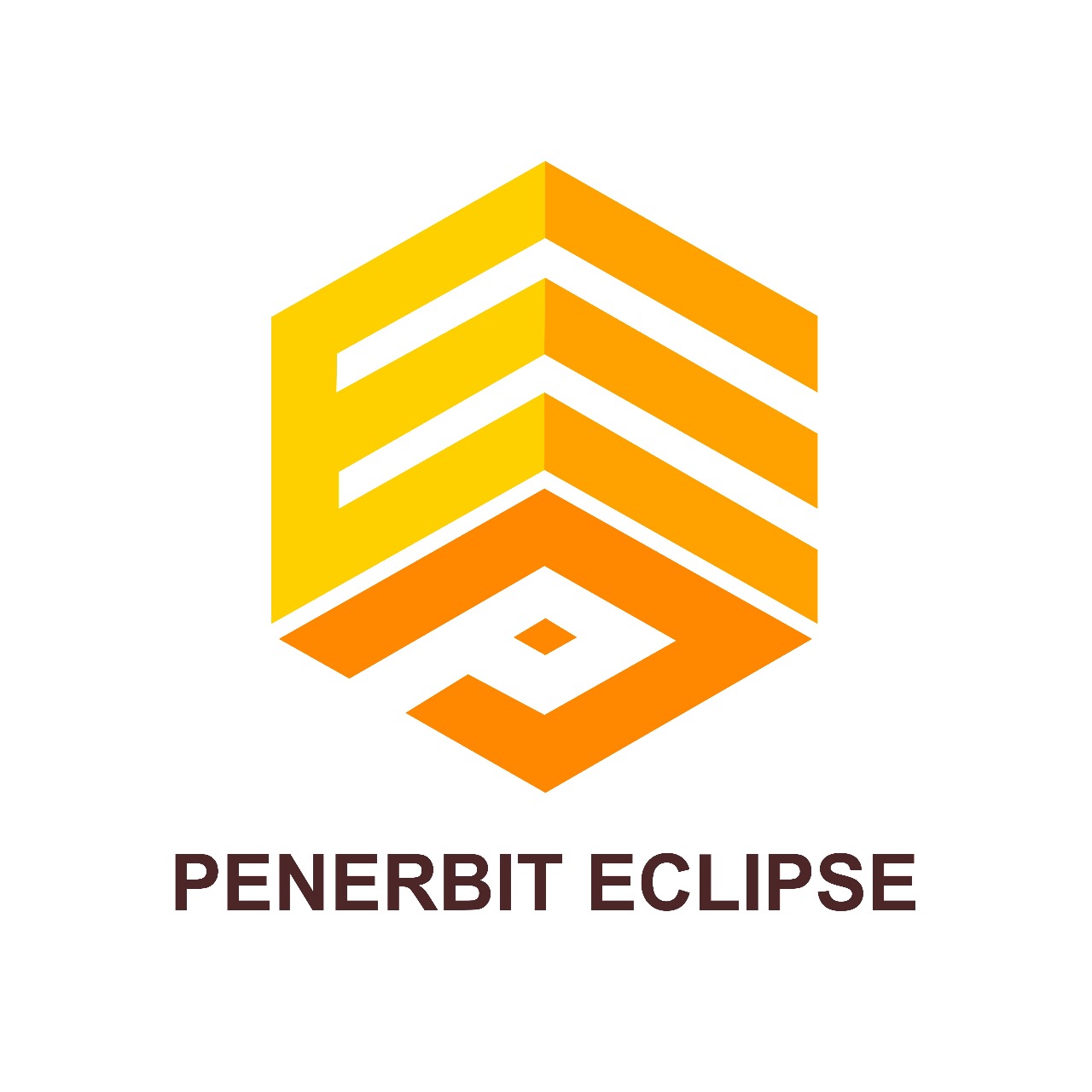| SUBMITE PAPER |
About the Journal
| Initial Journal | : | JIA |
| P-ISSN | : | P-ISSN: xxx-xxx |
| E-ISSN | : | E-ISSN: xxx=xxx |
| DOI Prefix | : | Prefix xx.xxxxx by Crossref |
| Editor in Chief | : | Sakirman |
| Managing Editor | : | M. Irawan |
| Publisher | : | Penerbit Eclipse |
| Frequency | : | 2 issues per year |
Welcome to the Journal of Islamic Astronomy (JIA), a leading platform dedicated to the in-depth exploration and dissemination of knowledge concerning astronomy within the historical and Islamic context. This journal aims to enrich our understanding of the scientific achievements, methodologies, and philosophies of astronomy as developed in the Islamic world throughout history.
Aim and Scope
Journal of Islamic Astronomy (JIA) provides a forum for researchers, academics, and practitioners to publish cutting-edge research, reviews, and articles on various aspects of Islamic astronomy, including:
- Historical Developments and Influences: Research on the historical evolution of astronomy within Islamic traditions and its impact on global science.
- Techniques and Methodologies: Studies on classical astronomical instruments, observational methods, and data recording used by Muslim scientists.
- Major Works and Contributions: Analyses of the works of prominent astronomers such as Al-Khwarizmi, Al-Battani, and Ibn al-Haytham, and their contributions to the field of astronomy.
- Social and Cultural Contexts: Investigations into how astronomy interacted with culture, philosophy, and religion within Muslim societies.
- Islamic Astronomy and the History of Falak:
Historical study of the development of astronomy in the Islamic tradition.
The contribution of Muslim scientists to the development of astronomy.
Reinterpretation of classical falak texts with a modern approach. - Methods and Technology in Falak:
Development and application of traditional and modern astronomical observation techniques.
The latest technologies and tools in phalactic observation and measurement.
Integration of classical astronomical methods with the latest technology. - Applications of Falak in Religious Practice:
Timing of worship, Hijri calendar, and falak-based dating system.
Analyses and innovations in the calculation of prayer times, fasting, and Hajj.
Links between falac science and contemporary religious practices. - Astrophysics and Cosmology in the Context of Falak:
The study of astronomical phenomena from a falak perspective.
Study of cosmology and its implications in the traditional understanding of phalax.
Discussion of the relationship between modern astrophysics and classical theories of falak. - Falak Education and Counselling:
Development of curriculum for phalactic education at school and university level.
Teaching methodologies and resources for phalactic education.
Outreach initiatives and promotion of phalactic knowledge in the general public.
Our Focus:
We encourage articles that integrate historical research with modern scientific approaches, as well as interdisciplinary studies highlighting the connections between astronomy and other aspects of Islamic civilization. Committed to quality and originality, this journal aims to be a primary reference source for those interested in the study of astronomy from an Islamic perspective.
Engagement and Contributions:
We welcome contributions from authors worldwide and encourage discussions and collaborations among researchers. Each submission undergoes a rigorous peer review process to ensure scientific accuracy and integrity.
Thank you for your interest in the Journal of Islamic Astronomy (JIA). We hope this journal will expand your knowledge and make a significant contribution to the field of astronomy.
Journal Secretariat: Metro Utara, Kota Metro, Lampung, Indonesia, Postal Code 41119
Email: redaksijia@gmail.com










